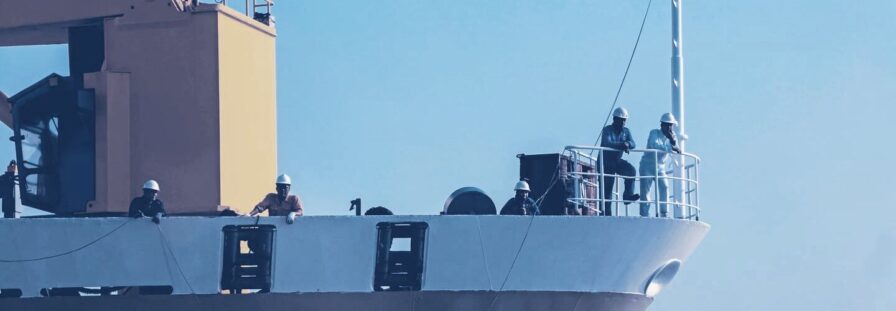Energy Travel
|
3 minute read


In the maritime industries, ensuring the welfare of seafarers during crew rotations and travel is of paramount importance. Here are some key processes and policies that organisations can implement to enhance the overall travel experience of seafarers:
Supporting travellers can begin before a trip has even begun, particularly at a time when the travel process can change quickly from one trip to the next. Providing crew with guidance on what to expect at airports or hotels, the restrictions that have been implemented at their destination and any other health and safety guidelines, such as mask wearing and social distancing, can help to ease anxieties about the unknown.
The amount of information and news available has been the cause of much anxiety. Taking the time to ensure that any travel guidelines and communications that you share with your travellers are relevant to their journeys or roles can help to ease feelings of overwhelm. It will also bring more clarity.
Many travellers are, understandably, concerned about getting ‘stranded’ while travelling and not being able to return home due to changing travel restrictions. Giving your crew and travellers 24/7 access to travel and safety specialists, as well as explaining how to use the service, can make them feel more confident and less distracted by the prospect of being impacted by quickly enforced restrictions.
Over the last year, many offshore organisations have implemented the use of private charters in order to safely transport crew to and from locations with strict restrictions and border closures. Talk to your TMC about how they could assist in providing this service while also taking steps to limit the cost of a charter.
Implementing a process in which travellers have the opportunity to talk about a trip once they are home will give your organisation a greater understanding of how travel is impacting employees. This conversation will give travellers a chance to share how they found travelling and what had changed since they last took a trip, as well as how well-supported they felt.
Prioritising the welfare of seafarers during crew rotations and travel is integral to the maritime and offshore industries. By implementing the mentioned processes and policies, organisations can provide comprehensive support to their crew members, alleviate anxieties, and enhance the overall travel experience. This not only contributes to the well-being of seafarers but also ensures the smooth operation of marine and offshore activities.